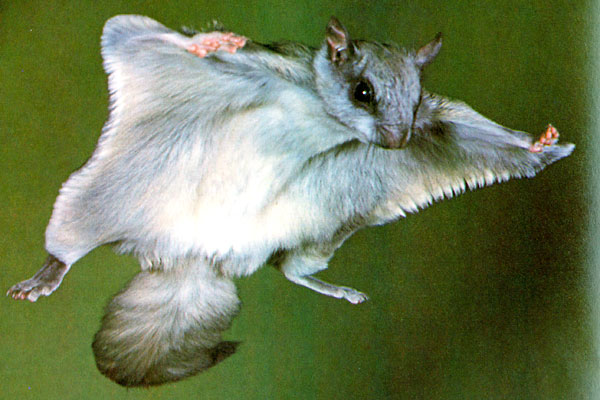Imat said:
We can watch evolution happen? Isn't that kinda the point of evolution, that it takes millions of years for the tiniest of changes to take effect through successive generations? Therefore we most certainly can NOT watch it happen? Which means you shouldn't believe in evolution, because it isn't directly observable...
Actually we have observed sufficient changes over generations to support the theory of macro-evolution. Multidrug resistant strains of bacteria are the best example of this because it works as follows:
1. A drug is made that affects all or nearly all bacteria in a species by inhibiting some vital chemical pathway resulting in its death over time.
2. This is applied across millions of people and trillions of bacteria. The differences in these colonies and environments mean that some strains die faster than others. Those that take longer to die have a better chance to reproduce or survive if the patient stops taking the medication.
2a. As all of these drugs are based on very specific chemical pathways working in a specific way random mutations that would otherwise be selected against will at times emerge that improve resistance to the drug.
3. These resistant mutations propagate over generations and more of these traits develop and are shared as some species of bacteria are capable of "eating" each other to absorb DNA thus allowing beneficial traits to be passed in a manner outside of simple cell division.
4. The drug resistant strain merges with other resistant strains through the above process or is selected for via the above mechanisms thus causing two possible paths of development.
So there you have it, a trait that did not exist before appears within a species via mutation and is selected for because of external forces. All of which has happened many times within the past fifty years, and trust me, the medical community would be ecstatic if this didn't occur. Unfortunately because there are strains of TB out there that are resistant to every single drug on the market the evidence says otherwise.
The second major element of macro-evolution is speciation, where one species has a fork in its evolutionary tree and becomes two distinct species that cannot interbreed via normal means. If you need evidence of this look at dogs. All of these are the result of thousands of years of selective breeding and last I checked great danes and toy poodles can't breed without external help.
That said speciation is a very tricky thing because there are some species that we thought were separate that can interbreed. For example polar bears and grizzly bears can reproduce and produce viable offspring. This tells us that at some point long ago there was likely a genetic fork, but that they haven't been separated long enough for reproduction to become impossible.
Imat said:
For the record, I don't believe in the idea that humans came from monkeys. Evolution can exist in the same reality as creationism, but not the evolution most commonly taught nowadays. Natural selection is a verifiable thing. Humans coming from monkeys is conjecture. Scientists also told me Pluto isn't a planet, and that is simply false.
Scientists do not believe that humans came from monkeys. The belief is that humans can from a shared ancestor to modern apes and ourselves. Also scientists told you that Pluto was an object that didn't have sufficient mass to obtain hydrostatic equilibrium and thus did not meet with the new definition of a planet, which was introduced after many objects larger than Pluto were found that were nonetheless not treated as planets.





